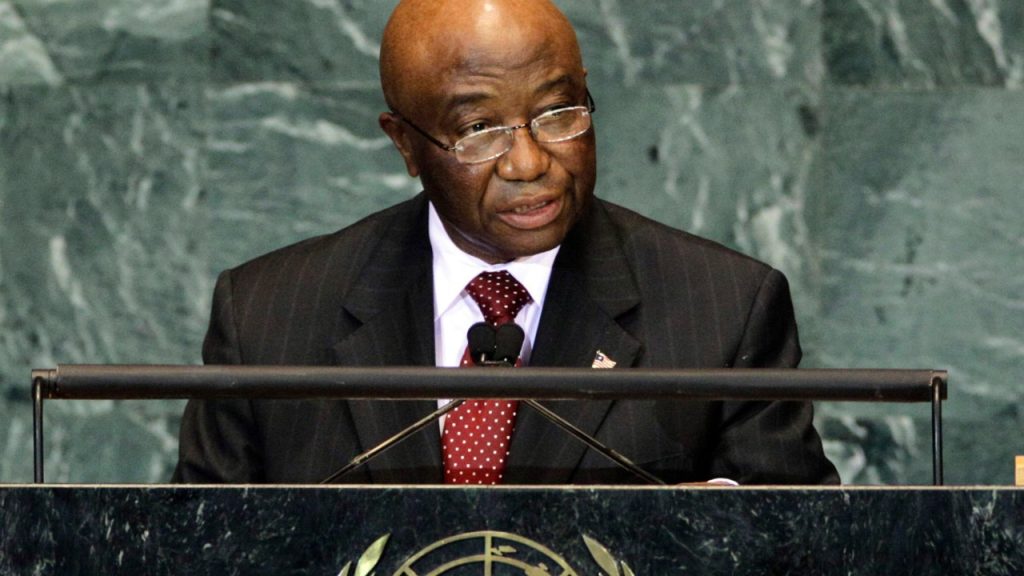President Joseph Boakai signed an executive order to create a war crimes court in Liberia to address the atrocities committed during the country’s two civil wars that killed an estimated 250,000 people between 1989 and 2003. The court aims to deliver justice to victims who experienced mass killings, torture, and sexual violence, including children being recruited to fight after witnessing the killing of their parents. The legislation for the court was passed by both the parliament and the senate, and signed off by a majority of lawmakers, some of whom may face prosecution. The establishment of the court is seen as essential for peace and harmony in Liberia.
Activists and victims have been calling for the establishment of a war crimes court for decades, and this initiative was a key issue in the presidential election last year. The court was supported by President Boakai, who defeated former President George Weah in the election. Liberia, founded by freed slaves from the United States, declared independence 25 years later. The resolution for the court calls for funding from international donors, with both the U.S. and other donors expressing interest in supporting the court once details are clear. The establishment of the court is seen as crucial to establishing the rule of law and building faith in Liberia’s institutions.
Human Rights Watch and other civil society groups have been advocating for the establishment of the war crimes court to ensure accountability for crimes committed during the civil wars. The court is seen as necessary for providing justice to victims and uncovering the truth about what happened to their loved ones. It is also crucial for building respect for the rule of law and promoting lasting peace in Liberia. The post-war truth and reconciliation committee in 2009 identified perpetrators of war crimes, including eight leaders of warring factions, some of whom currently serve in the senate and are in support of the court.
Charles Taylor, a former president of Liberia, is currently serving a 50-year sentence in the UK for war crimes, including murder, rape, and using child soldiers. While no one has been tried in Liberia for war crimes, other individuals have been convicted overseas for their roles in the conflicts. Mohammed Jabbateh, a rebel commander, was sentenced to 30 years in the U.S. for committing atrocities, while Kunti Kamara received a life sentence in France for crimes against humanity. The establishment of the war crimes court in Liberia is seen as a step towards ensuring accountability for perpetrators and providing justice for victims of the civil wars.
The U.S. has expressed willingness to fund the war crimes court in Liberia, along with other donors, once the framework and details of the court are clear. The court is seen as crucial for establishing the rule of law in Liberia and building faith in the country’s institutions. Activists and human rights groups have been calling for accountability for war crimes in Liberia for nearly two decades, emphasizing the importance of giving victims justice and a full account of what happened. The court is also seen as a way to promote respect for the rule of law and achieve lasting peace in the country. Sen. Prince Johnson, a former warlord and leader of a warring faction, has expressed support for the court, noting that his constituents need justice.


